Health & Medicine
-
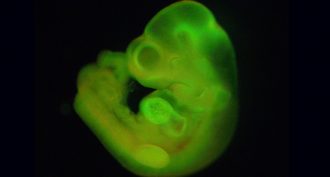 Life
LifeHow to reset a cell
Scientists had reported they had figured out how to turn a specialized cell into any other type of cell the body may need. All it took was an acid bath. But now in July, big doubts have emerged about the quality of that work and whether the results will hold up.
-
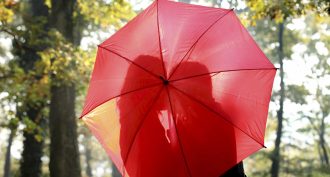 Brain
BrainWhen Cupid’s arrow strikes
Scientists have begun dissecting what it means to be in love. They are finding that much of what we feel can be explained by the effects of a few key chemicals — and not just on our hearts and brains, but on our whole bodies.
By Susan Gaidos -
 Health & Medicine
Health & MedicineMany human ails are ‘scars’ of evolution
Humans suffer many physical problems that other primates don’t, from sprained ankles to hip fractures. Scientists now say you can blame these on evolution.
By Susan Gaidos -
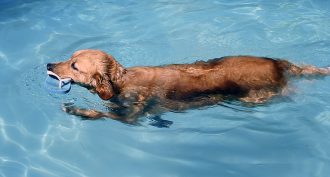 Animals
AnimalsDissecting the dog paddle
Scientists occasionally describe the dog paddle as a “trot,” but that’s not right. When dogs swim, their complicated leg motions look more like a frantic run.
-
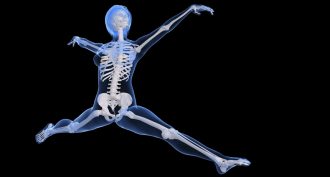 Health & Medicine
Health & MedicineBones: They’re alive!
This hard tissue is more than just a quiet scaffold for your organs and protective helmet for your head. It’s active and ‘chatty,’ influencing other tissues.
By Kirsten Weir -
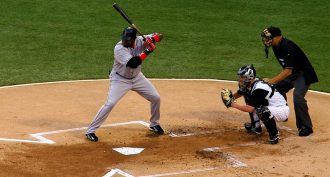 Health & Medicine
Health & MedicineBaseball: Keeping your head in the game
Head movements play an important role in successfully tracking lightning-fast incoming pitches.
-
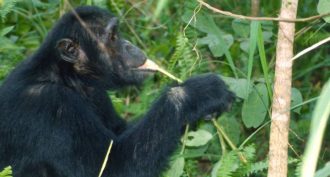 Animals
AnimalsWild medicine
Few veterinarians are available to treat sick animals in their natural environment. Fortunately, some critters can doctor themselves.
-
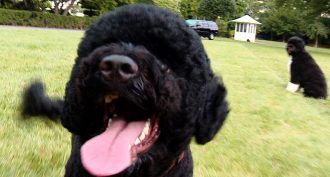 Health & Medicine
Health & MedicineDoggy dust could be a good thing
The outdoor dust that dogs drag in contains a mix of microbes that helped mice fend off allergic reactions and viral infections.
-
 Health & Medicine
Health & MedicineCool Jobs: Data detectives
Statisticians are experts in seeing the patterns hidden within the raw numbers called data. They especially excel at finding real trends, while eliminating what is actually due to chance. That’s why they offer a good reality check in any field that involves numbers.
-
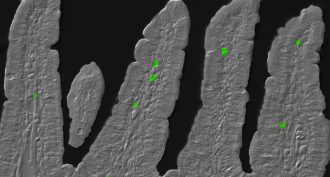 Health & Medicine
Health & MedicineNew problem linked to ‘jet lag’
The body’s internal clock can be thrown off when people alter their day and night routines. That mix-up may lead to a buildup of immune cells that can cause inflammation, according to a new study on mice.
-
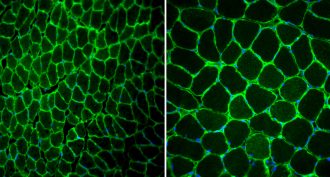 Health & Medicine
Health & MedicineMice on steroids
A new mouse study suggests the effects of steroids can last at least months. That’s long after most sporting authorities would be able to identify signs of doping in athletes.
-
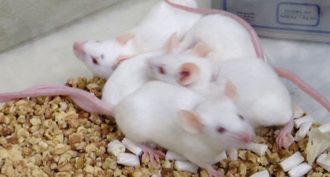 Health & Medicine
Health & MedicineCancers like it cool
Get that mouse a sweater! A chilly environment suppresses the immune system in mice. This can foster cancer growth, a new study finds.
By Janet Raloff